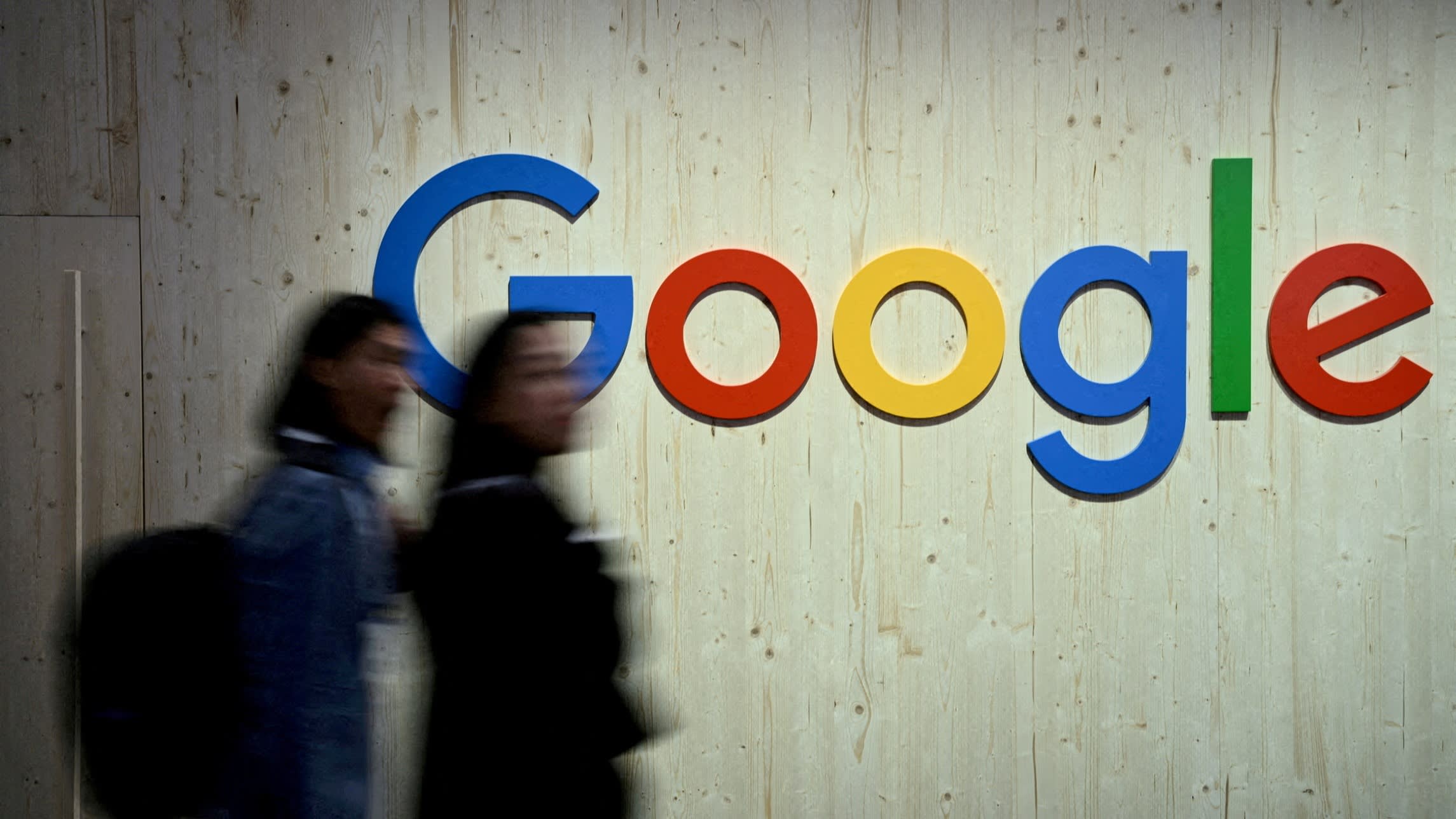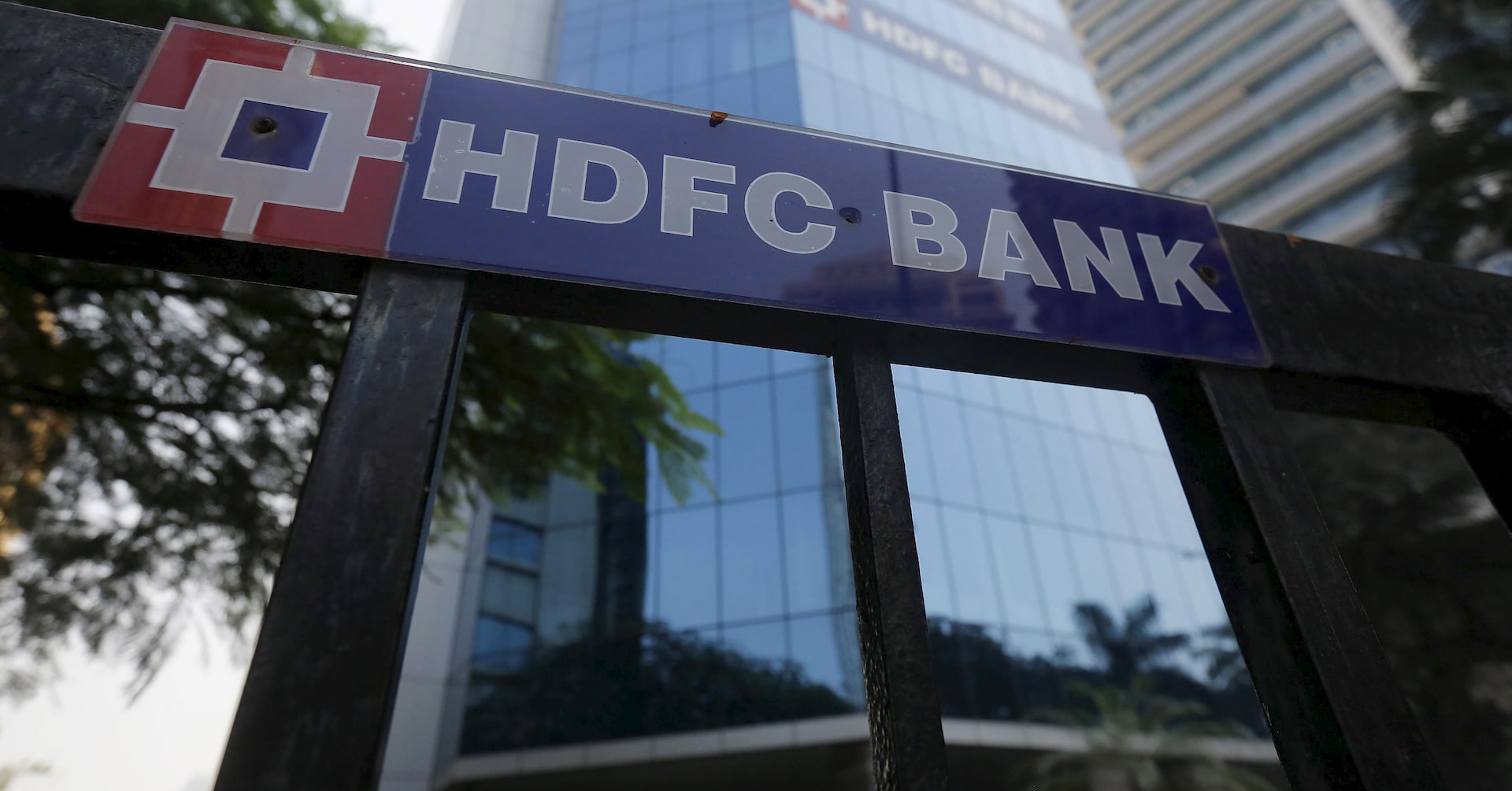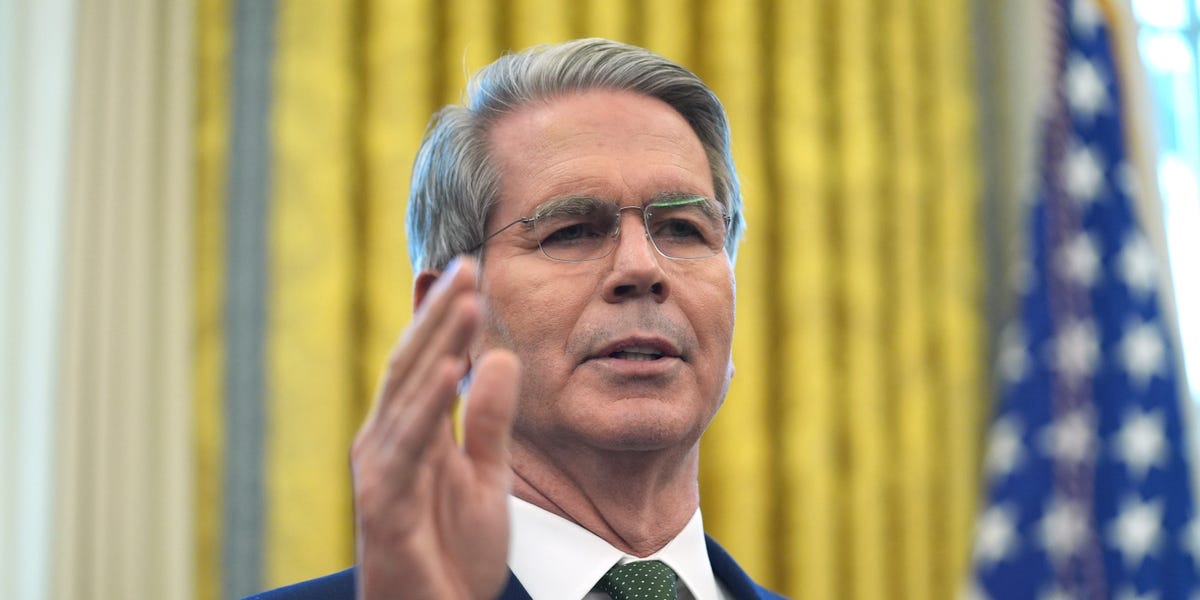Digital Detox Diary: How Deleting Apps Transformed My Life, Mind, and Relationships

Digital Detox: My Journey to Mental Clarity
In a world constantly buzzing with notifications and digital distractions, I made a radical decision: to completely disconnect. One by one, I deleted my digital lifelines—Instagram, TikTok, X, LinkedIn, Spotify, YouTube, Google Maps, WhatsApp, and even my email. The goal was simple yet profound: to reclaim my mental space and find genuine peace.
Each app I removed felt like cutting an invisible cord that had been subtly draining my energy and attention. No more endless scrolling, no more comparison traps, no more constant digital noise. My smartphone, once a portal to infinite information and connection, was now stripped down to its most basic functions.
The initial days were challenging. I felt disconnected, almost anxious. But gradually, a sense of liberation washed over me. My mind, no longer fragmented by constant digital interruptions, began to feel clearer, more focused. I rediscovered the joy of being present—truly present—in my own life.
This digital detox wasn't just about removing apps; it was about reclaiming my time, my thoughts, and my mental well-being. In the silence of disconnection, I found a profound sense of clarity and inner calm.








